Indigenous Governance Database
tribal courts
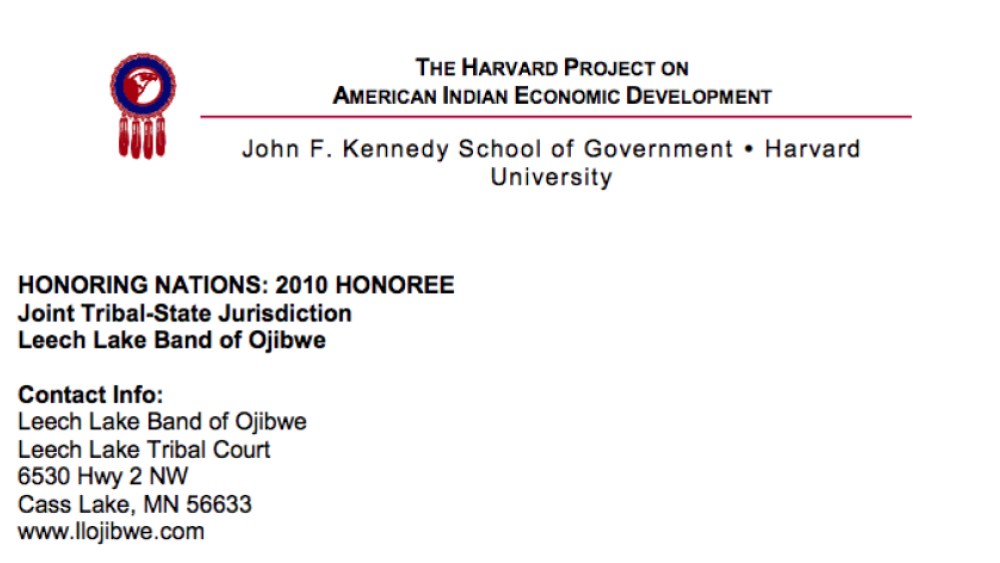
Leech Lake Joint Tribal-State Jurisdiction
Across Indian Country tribes are strengthening and better defining their governments in order to meet the unique needs of their communities. As Native nations work to expand their sovereign powers, tribal justice departments can play a critical role in achieving those goals. In the early 2000s, the…
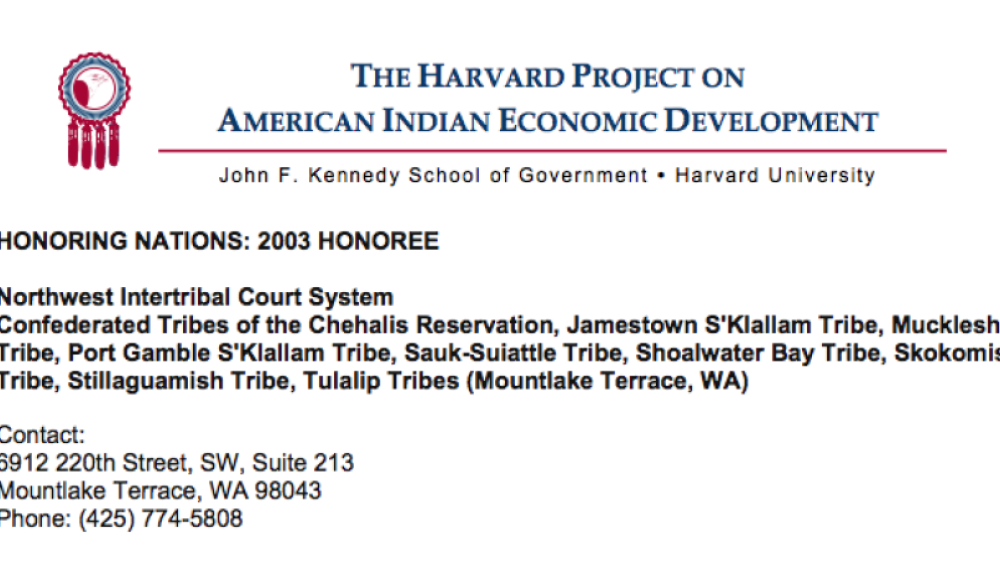
Northwest Intertribal Court System
The Northwest Intertribal Court System (NICS) assists tribes in developing tribal courts that provide fair, equitable, and uniform justice for all who fall within their jurisdiction. Owned by a consortium of tribes in Washington State, NICS recognizes the sovereignty, individual character, and…
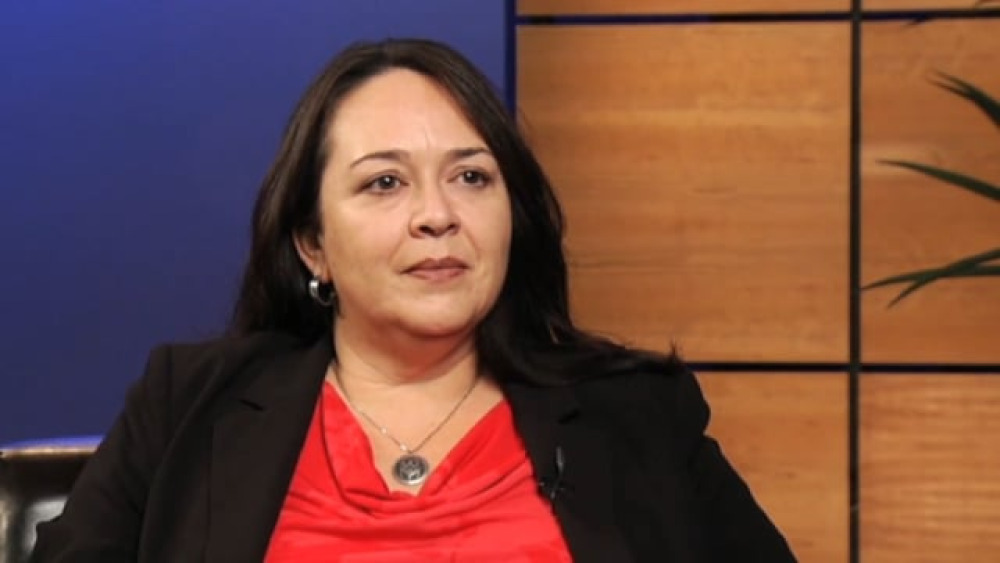
Devon Lomayesva: Making Constitution Reform and Tribal Law Work
Devon Lomayesva, a citizen of the Iipay Nation of Santa Ysabel in California, offers her perspectives on asserting tribal law in a P.L. 280 state. The Iipay Nation of Santa Ysabel underwent a constitutional reform process, and Devon shares her experiences with and perspectives of that…
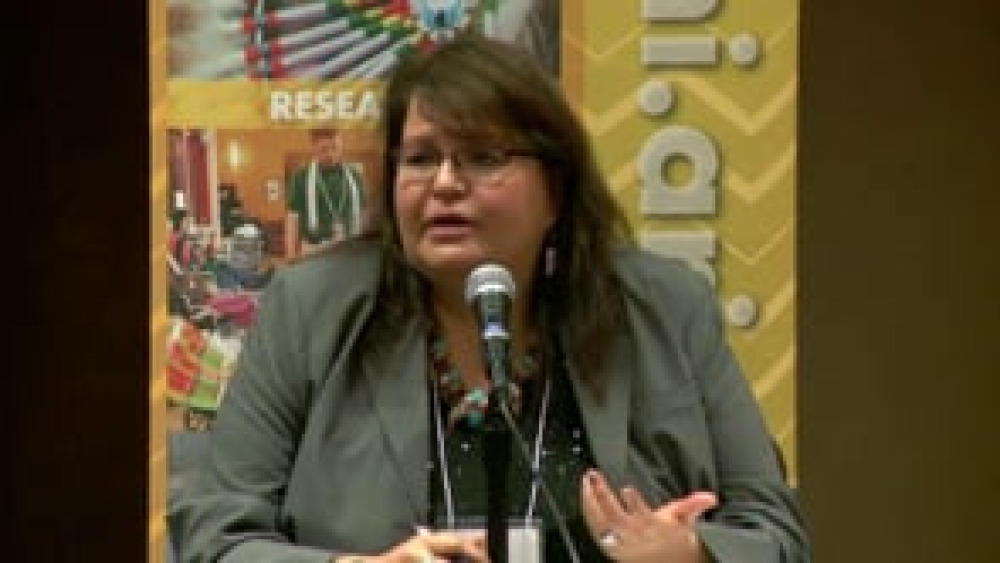
Eldena Bear Don't Walk: So What's So Important about Tribal Courts?
Eldena Bear Don't Walk, Chief Justice of the Confederated Salish and Kootenai Tribes, discusses some of the things that tribal justice systems need to have in place in order to be effective, and how important it is for Native nation governments and citizens to respect and support the decisions…
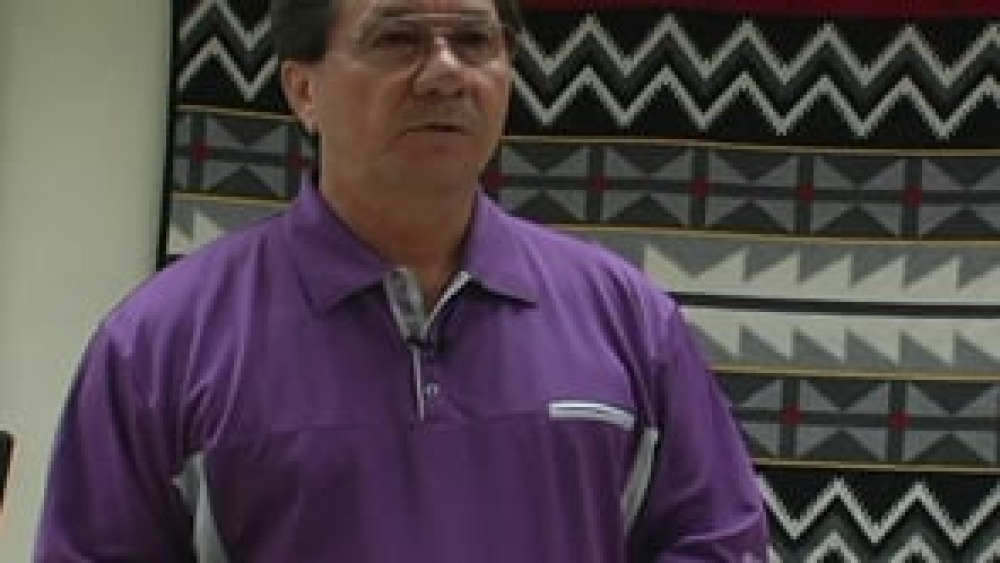
Michael K. Mitchell: A History of the Akwesasne Mohawk
Grand Chief Michael Mitchell of the Mohawk Council of Akwesasne offers students a broad overview of the governance history of the Akwesasne Mohawk and the efforts his people have made during his time in office to exercise true self-governance and rebuild their nation.
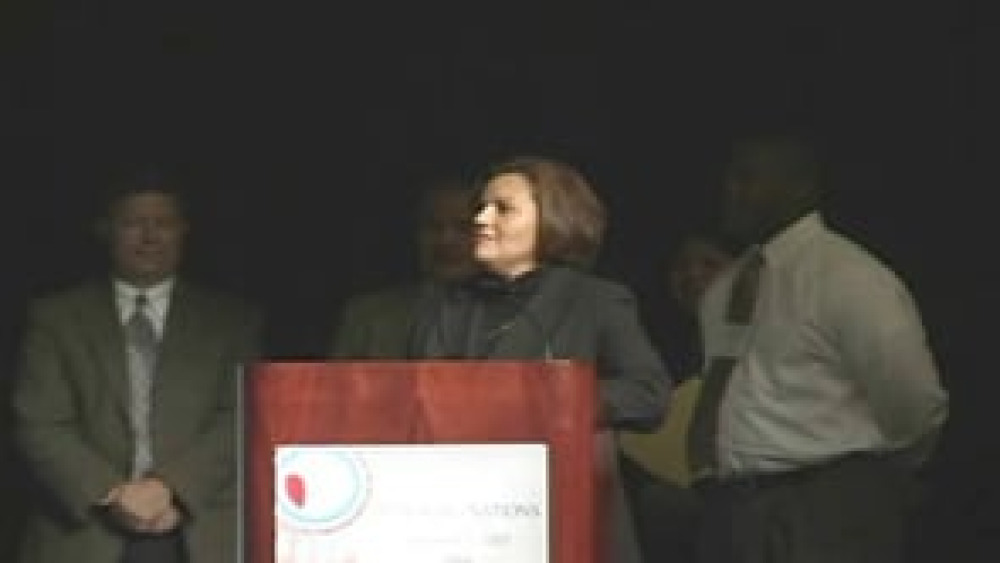
Honoring Nations: Rae Nell Vaughn, Dan Mittan, Henderson Williams, Andrew Jones, and Hilda Faye Nickey: The Choctaw Tribal Court System
Representatives from the Choctaw Tribal Court System present an overview of the court system's development to the Honoring Nations Board of Governors in conjunction with the 2005 Honoring Nations Awards.
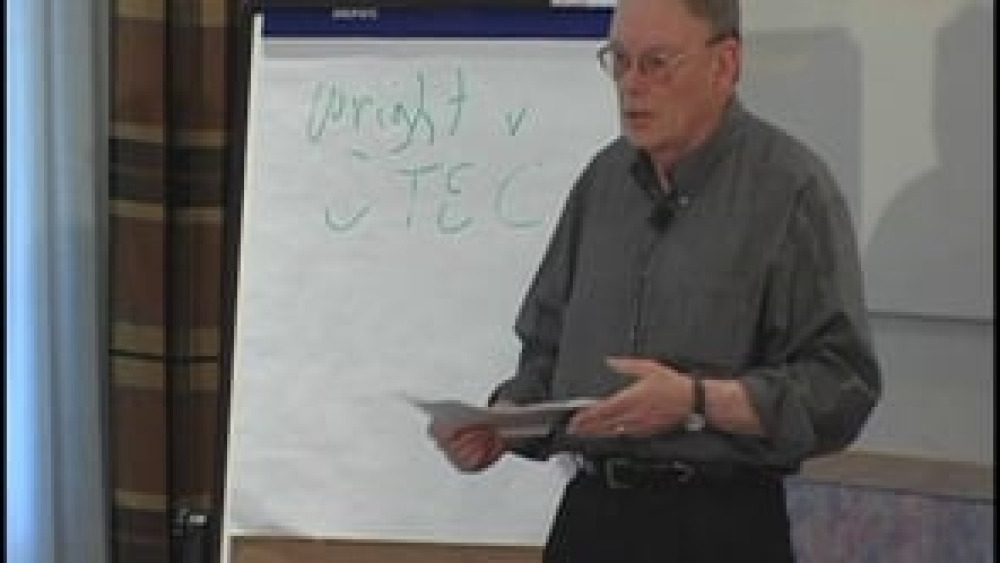
Michael Taylor: The Practical Issues of Business Development - Some Things to Consider: When to Waive Sovereign Immunity (or Not)
Tulalip Tribes' Attorney Michael Taylor explains when tribes should and should not waive sovereign immunity and why. He also discusses some effective approaches to doing limited waivers of sovereign immunity, and stresses the importance of Native nations building a track record of fair and…
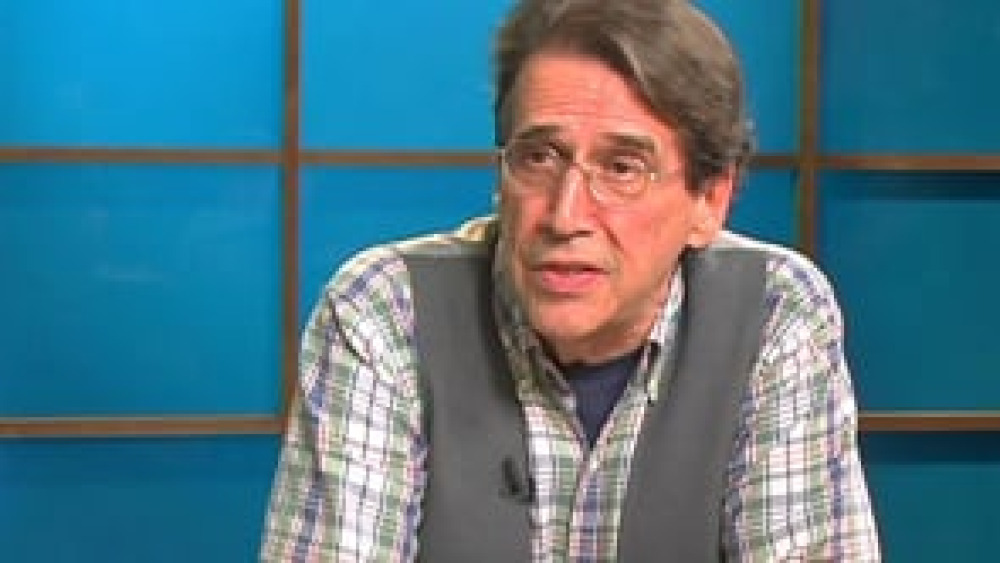
From the Rebuilding Native Nations Course Series: "Giving the Justice System the Support It Needs"
Native leaders and scholars share some critical ways that Native nations can support their justice systems to ensure their effectiveness.
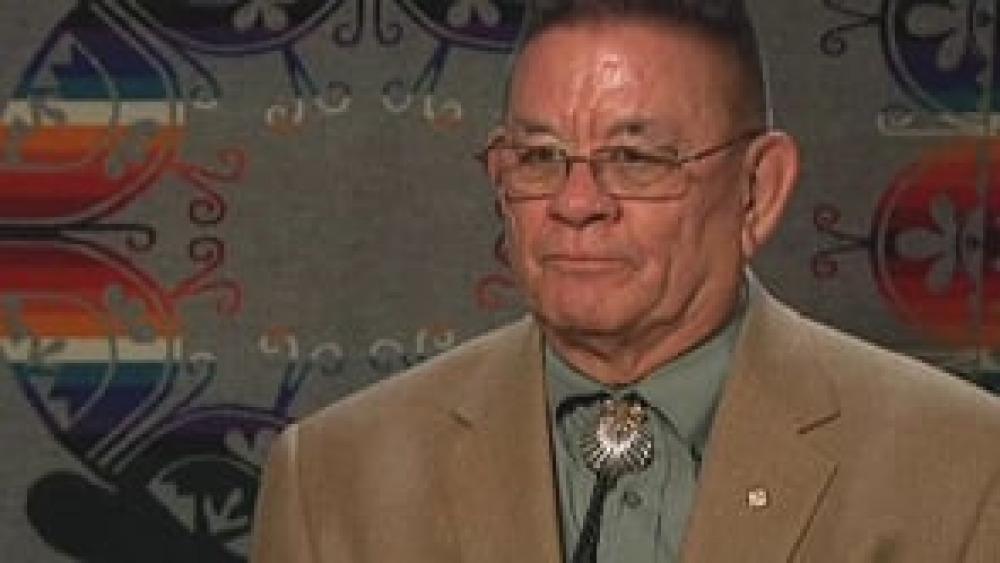
From the Rebuilding Native Nations Course Series: "What Strong, Independent and Legitimate Justice Systems Require"
Native leaders and scholars discuss what Native nations need to do to create strong, independent and culturally legimate justice systems.
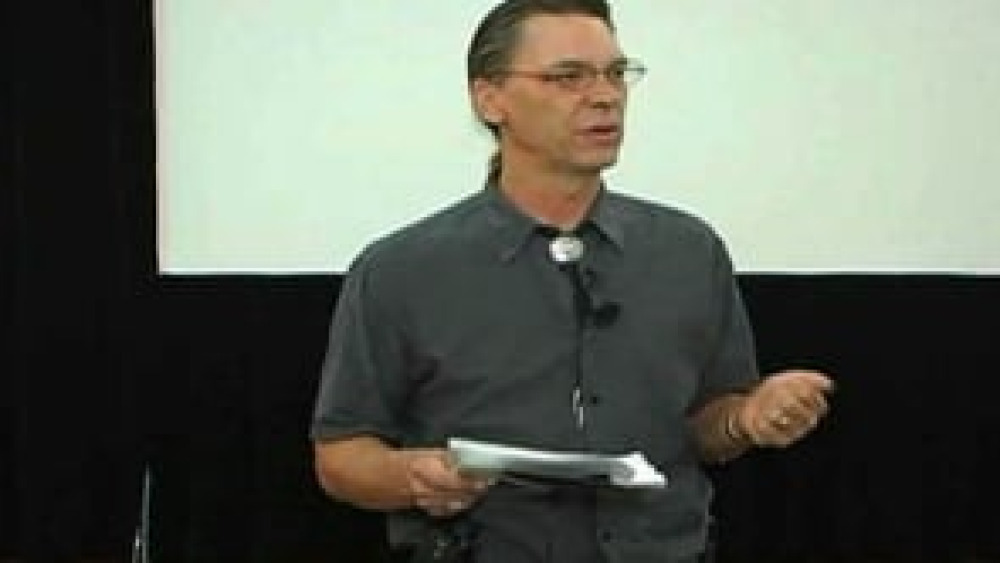
From the Rebuilding Native Nations Course Series: "Justice Systems: Key Assets for Nation Building"
Professor Robert A. Williams, Jr. discusses how an effective, independent justice system can play a pivotal role in a Native nation's efforts to exercise its sovereignty and strengthen its communities.
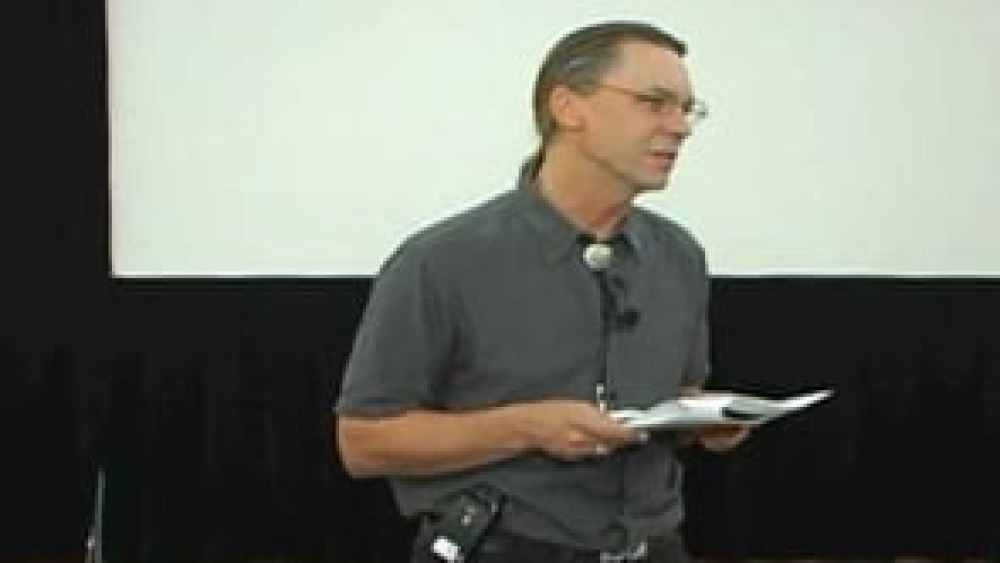
From the Rebuilding Native Nations Course Series: "Test: Does Your Nation Have an Independent Judiciary?"
Professor Robert A. Williams, Jr. shares a short test to help a Native nation and its leaders and citizens determine whether or not their judicial system is truly independent.
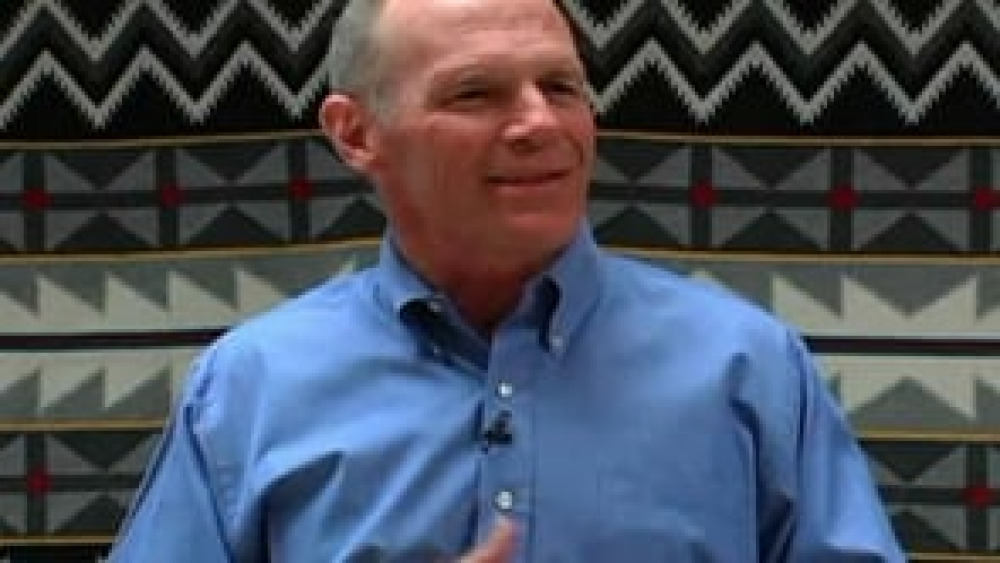
From the Rebuilding Native Nations Course Series: "The Citizen Potawatomi Nation's Path to Self-Determination"
Professor Joseph P. Kalt describes the dramatic rebirth of the Citizen Potawatomi Nation, citing its development of capable governance as the key to its economic development success.
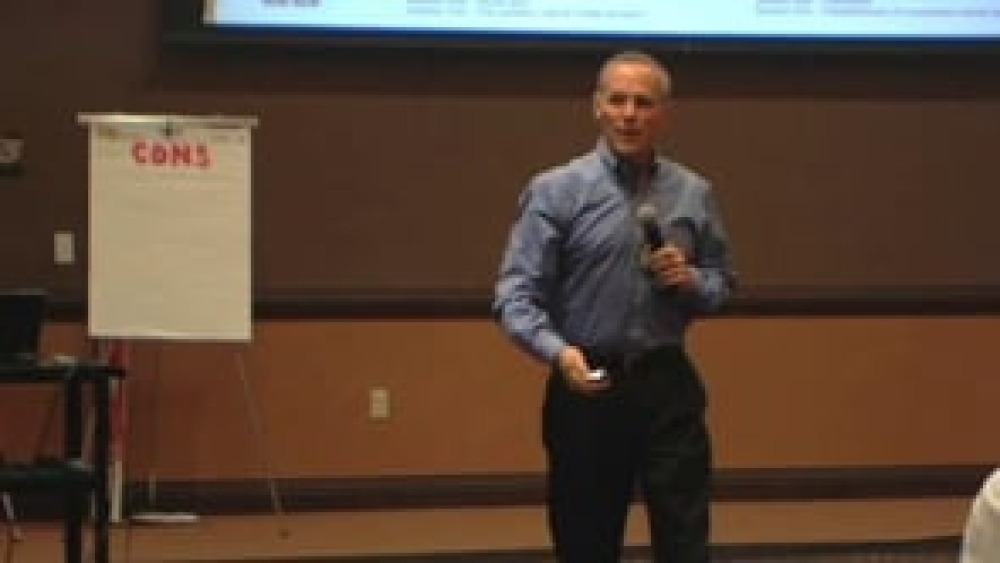
Joseph P. Kalt: Sovereignty: Your Best Tool for Development
Harvard Project on American Indian Economic Development Co-Director Joseph Kalt share some innovative ways that Native nations have exercised their sovereignty in order to foster sustainable economic and community development.
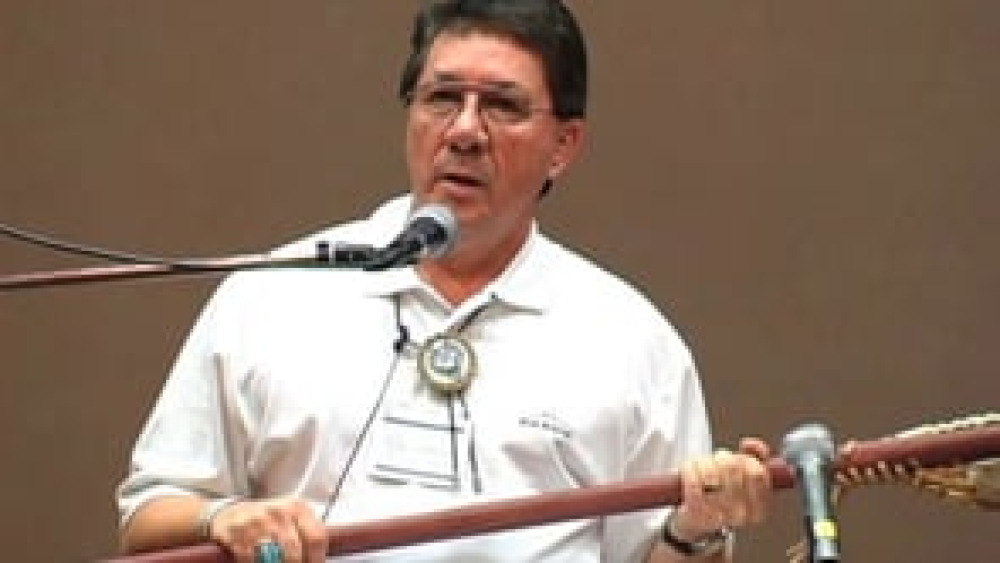
Michael K. Mitchell: Perspectives on Leadership and Nation Building
Mohawk Council of Akwesasne Grand Chief Michael K. Mitchell discusses the Akwesasne Mohawk's effort to regain control over their own affairs, and offers his advice to leaders who are working to regain jurisdiction over their lands and resources as well as rebuild their nations.
NNI Forum: Tribal Sovereign Immunity
Tribal sovereign immunity has far-reaching implications, impacting a wide range of critical governance issues from the protection and exertion of legal jurisdiction to the creation of a business environment that can stimulate and sustain economic development. Native Nations Institute (NNI) Radio…
Joseph P. Kalt: Sovereign Immunity: Walking the Walk of a Sovereign Nation
Harvard Project on American Indian Economic Development Co-Director Joseph Kalt discusses what sovereign immunity is and what it means to waive it, and share some smart strategies that real governments and nations use to waive sovereign immunity for the purposes of facilitating community and…
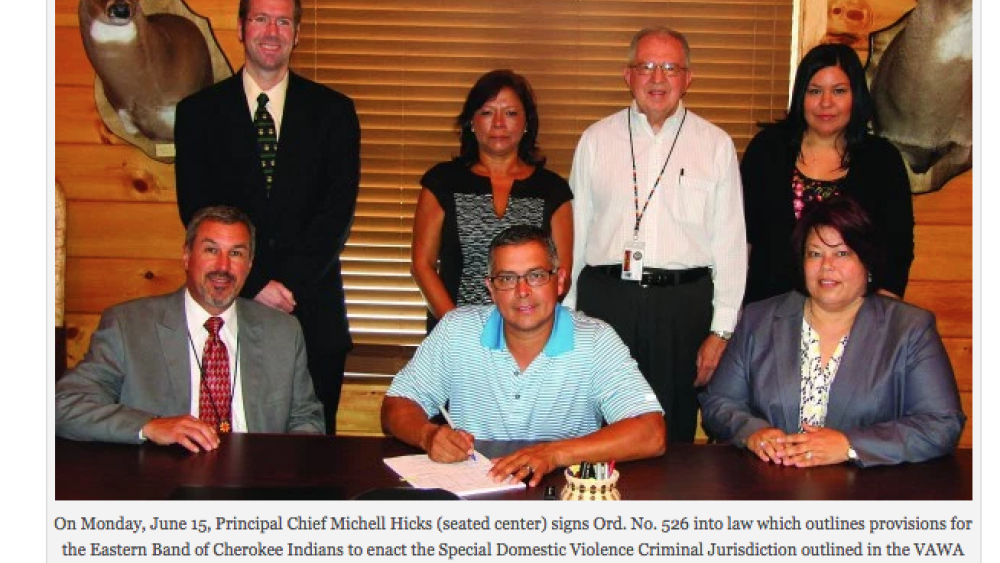
Tribe asserts DV jurisdiction over non-Indians
The U.S. Department of Justice has reported that American Indian women “are more than 2.5 more likely to be raped or sexually assaulted than women in the USA in general”. The DOJ also reports, per its Bureau of Justice Statistics, that at least 70 percent of the “violent victimizations experienced…
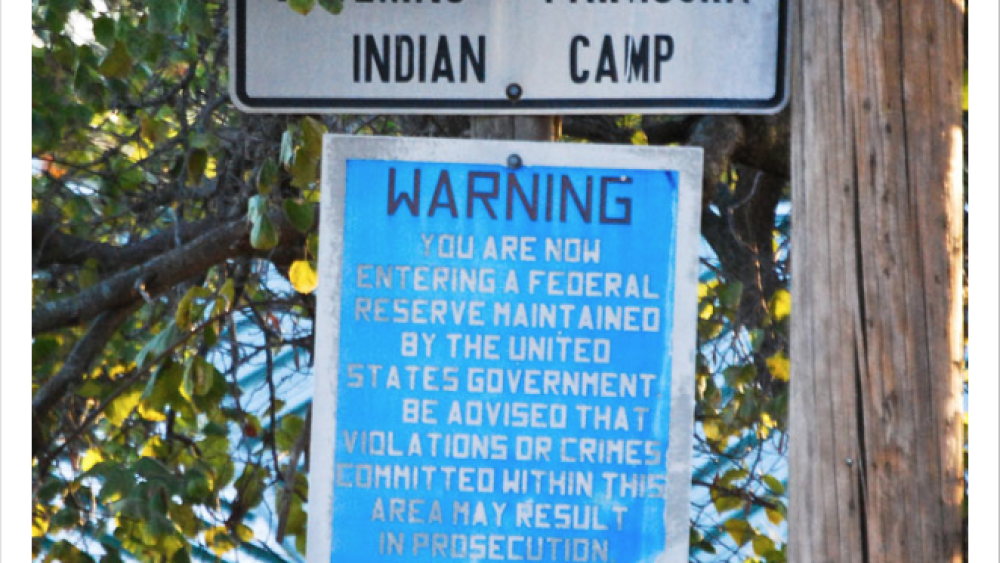
ON Congress passes five-year banishment bill targeting convicted drug dealers
Dangerous drug dealers convicted in the Osage Nation tribal court system are now subject to a mandatory minimum five-year banishment from the Nation’s jurisdiction. The Fourth ON Congress passed a bill (ONCA 15-31 sponsored by Congressman RJ Walker) on April 20 with a 7-4 vote putting the five to…
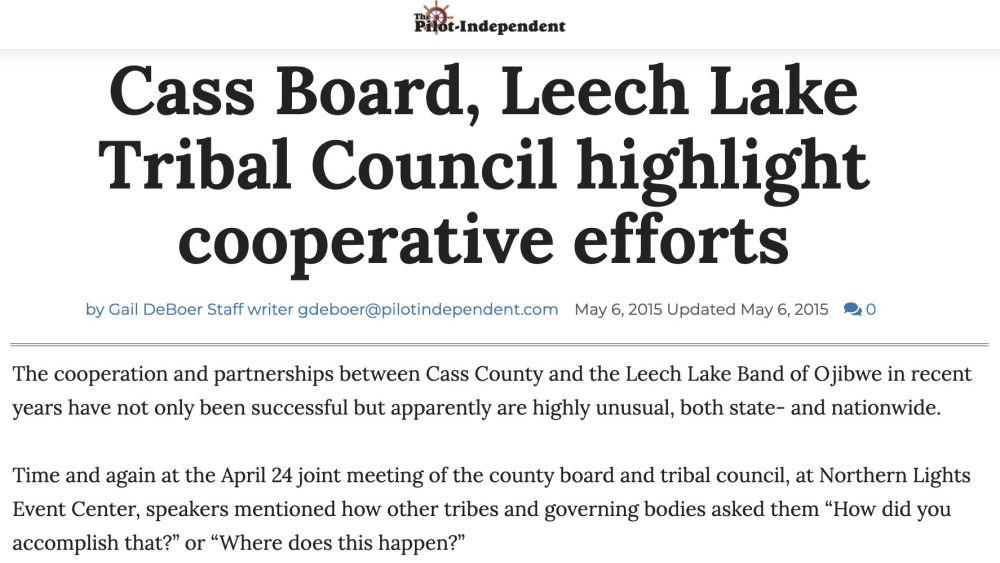
Cass Board, Leech Lake Tribal Council highlight cooperative efforts
The cooperation and partnerships between Cass County and the Leech Lake Band of Ojibwe in recent years have not only been successful but apparently are highly unusual, both state- and nationwide. Time and again at the April 24 joint meeting of the county board and tribal council, at Northern Lights…
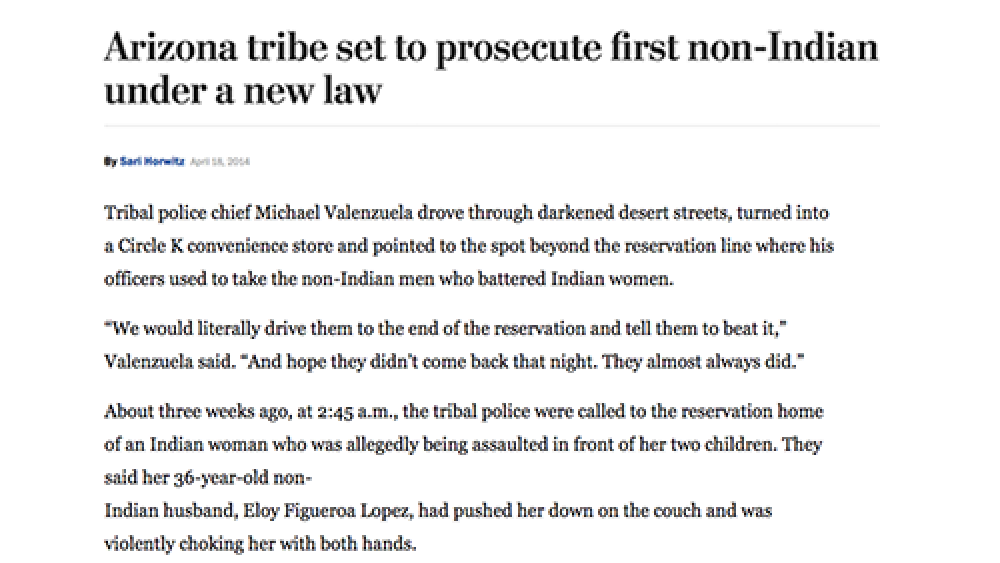
Arizona tribe set to prosecute first non-Indian under a new law
Tribal police chief Michael Valenzuela drove through darkened desert streets, turned into a Circle K convenience store and pointed to the spot beyond the reservation line where his officers used to take the non-Indian men who battered Indian women. “We would literally drive them to the end of the…
